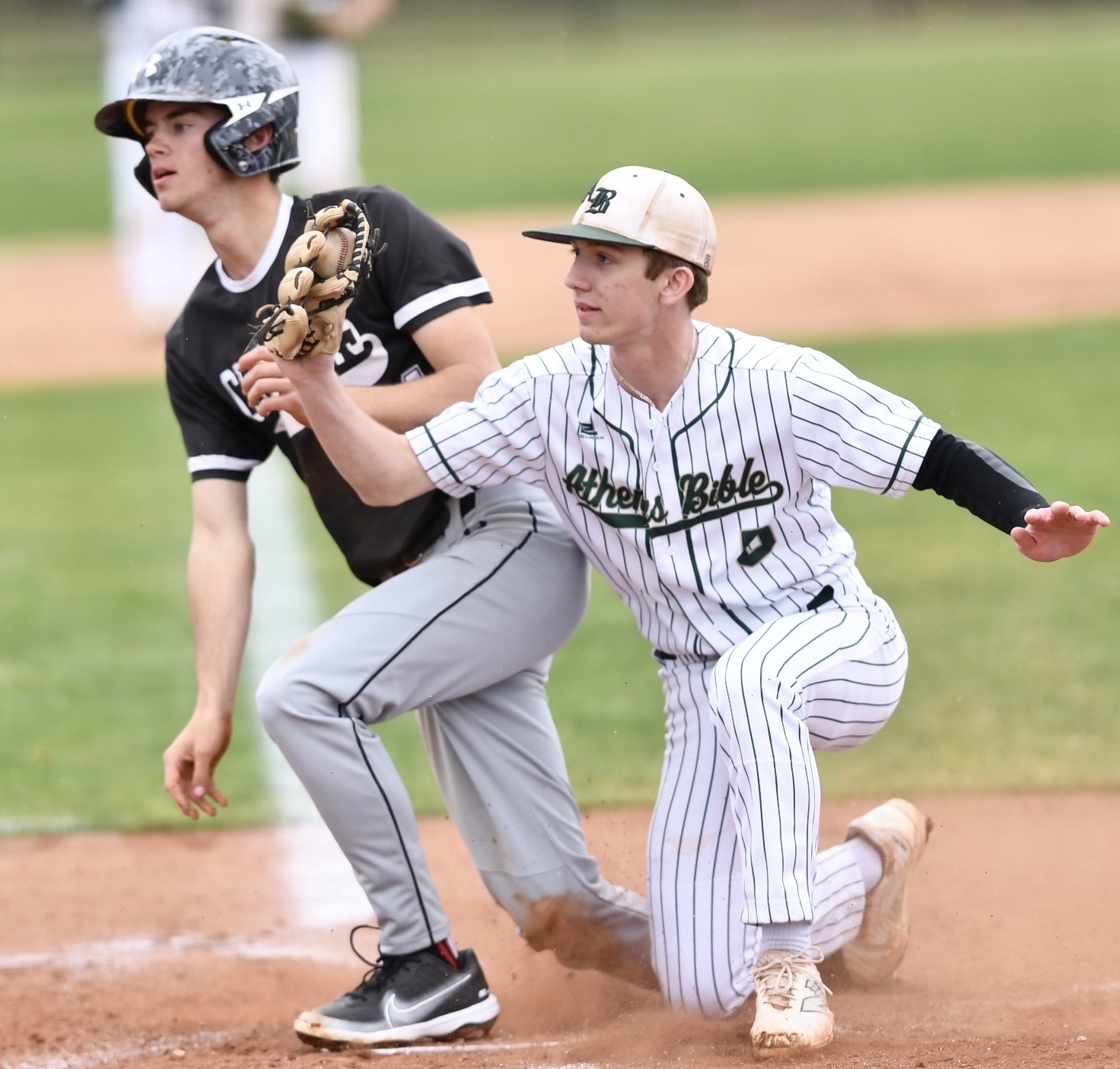Be thankful for the pugnacious Zelensky’s magnificent resistance to suppression
Published 3:30 am Saturday, November 26, 2022
This year, give thanks for several things that have happened because, when Russia launched its attempt to extinguish a European nation and that nation’s president was offered a flight to safety, he reportedly replied: “I need ammunition, not a ride.” Be thankful for the nobility the war has elicited from those attacked, and for the demonstration that individual leaders still matter.
In a 1925 speech titled “Mass Effects in Modern Life,” a 51-year-old British parliamentarian who had already seen war and would see much more of it lamented the widespread supposition that history in the modern age was made not by “exceptional human beings” but by “mass processes.” Fifteen years before he would become, in May 1940, a refutation of that supposition, Winston Churchill and his romantic temperament made him regret what he considered the “obliteration of the personal factor in war.”
Well. The battlefield preeminence of mounted captains — of a Caesar, a Marlborough, a Napoleon — is long gone. And given the scale of modern militaries, the mass-destruction capabilities of modern weapons and the long-distance delivery of violence, it is difficult to imagine an individual turning the course of a battle that turns the course of a war. Joshua Chamberlain arguably did that on Little Round Top on the second day at Gettysburg in 1863. But Ukrainian President Volodymyr Zelensky has demonstrated how emulating Churchill in 1940 can refute Churchill’s 1925 argument: The arc of history can be bent by an individual who, away from the battlefield, exemplifies fortitude and sends eloquence into battle.
Timothy Snyder, the Yale historian, sees Ukraine’s struggle as the hinge on which history will turn, just as Czechoslovakia was, unhappily, the hinge in 1938. Writing in Foreign Affairs (“Ukraine Holds the Future”), Snyder argues that Vladimir Putin’s rhetoric about Ukraine resembles Adolf Hitler’s about Czechoslovakia “to the point of plagiarism”: A neighboring democracy is a tyranny; the state in question is illegitimate; the nation is a fiction. Appeasement — the dismemberment of Czechoslovakia in an attempt to slake Hitler’s appetite for conquest — ordained a dark future. Ukraine’s resistance to Putin refutes his assertion (in July 2021) that events 10 centuries ago sealed forever the unity of Russia and Ukraine.
In 1938, Snyder writes, Czechoslovakia had a capable military, Europe’s best arms industry and “natural defenses improved by fortifications.” In Germany’s 1940 blitzkrieg to the English Channel and Paris, “German vehicles were fueled by Soviet oil and German soldiers fed by Soviet grain, almost all of which was extracted from Ukraine,” thanks to the 1939 Nazi-Soviet nonaggression pact.
No one knows, Snyder says, what would have happened if Czechoslovakia, instead of being sacrificed in 1938, had received material and moral assistance, as Ukraine is given today. If, however, German forces had been bogged down in Czechoslovakia, “we can be confident that Hitler would not have had the sense of irresistible momentum that gained him allies and frightened his foes.” Now, suppose Zelensky had taken a ride rather than ammunition.
Some people are forever banging on about how they are on “the right side of history.” Such historicism is not an argument but a gambit to forestall argument. As Snyder says, “Ukrainian resistance to what appeared to be overwhelming force reminded the world that democracy is not about accepting the apparent verdict of history. It is about making history; striving toward human values despite the weight of empire, oligarchy, and propaganda; and, in so doing, revealing previously unseen possibilities.”
A melancholy Churchill, seeing the possibility of individual greatness doubted because of the modern preoccupation with “mass effects,” said in 1925: “There is a sense of vacancy and of fatuity, of incompleteness. We miss our giants. We are sorry that their age is past.” Even Homer nods, and Churchill, for all his Homeric largeness, did, too. Russia is sorry that the age of giants is not past.
As the invasion began, Russian propaganda claimed that Zelensky had fled Kyiv. His filmed reply was succinct: “The president is here.”
The French historian Ernest Renan said a nation is a “daily plebiscite.” Ukrainians cast their votes daily by putting their lives in mortal peril. It does not diminish their individual heroism to note that they are well led. “In no field of man’s activities,” Churchill wrote, “is the tendency to mass effects and the suppression of the individual more evident than in modern war.” On this day, give thanks that you have lived to be reminded by Zelensky that some pugnacious individualism is magnificently resistant to suppression.





